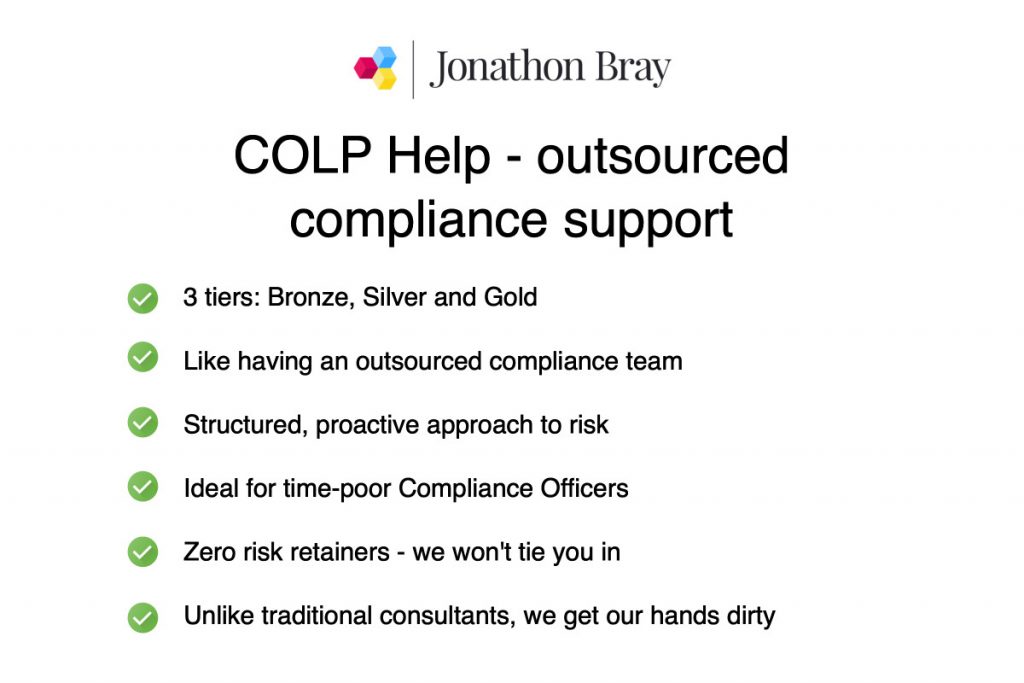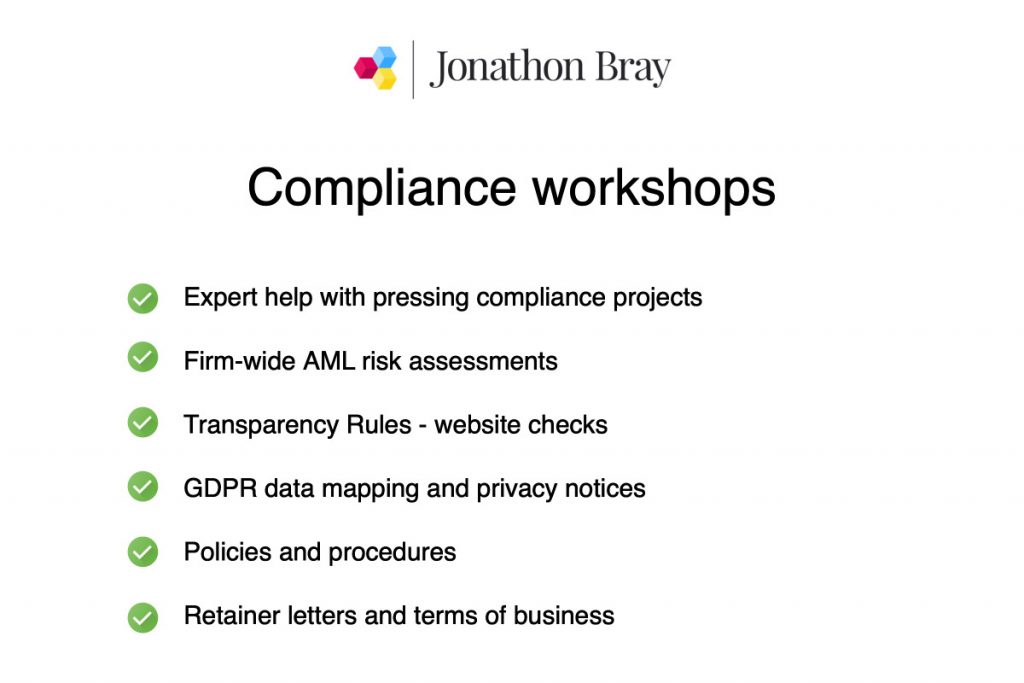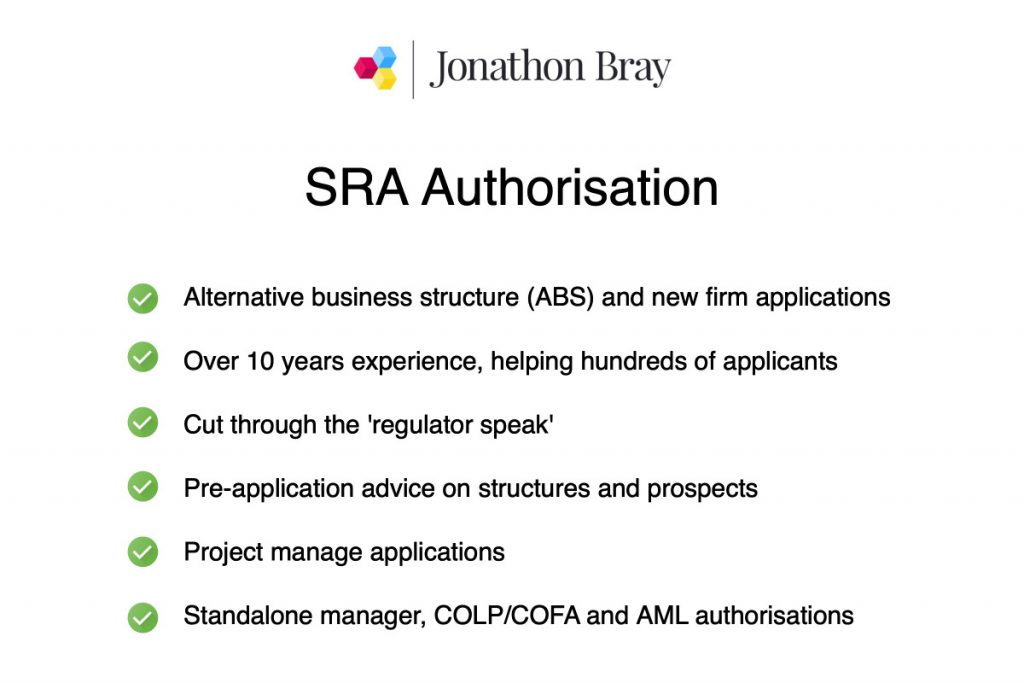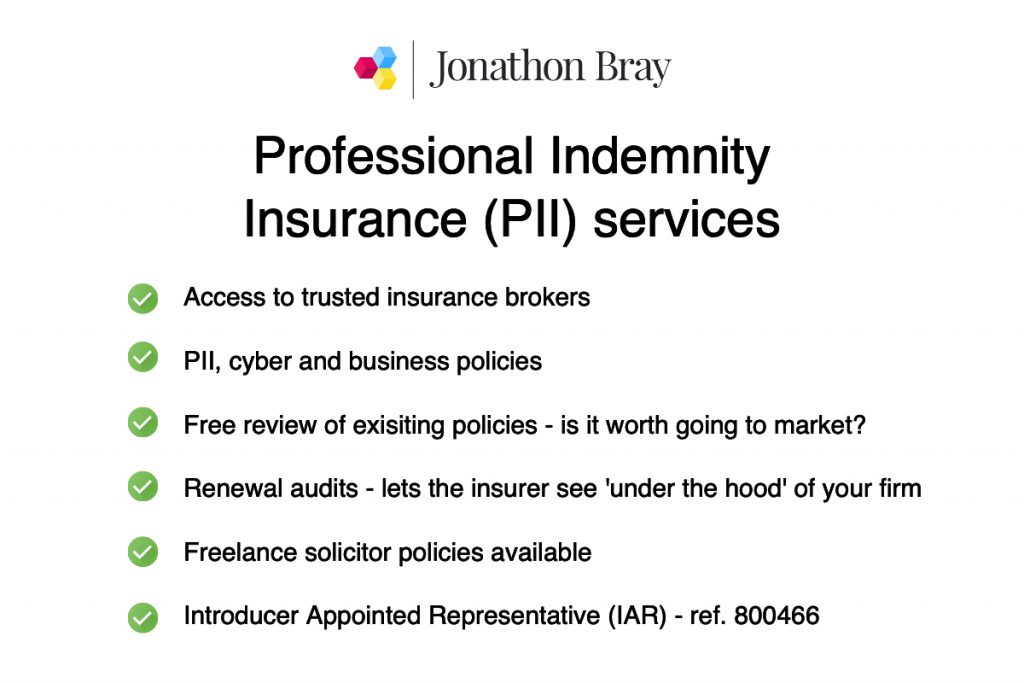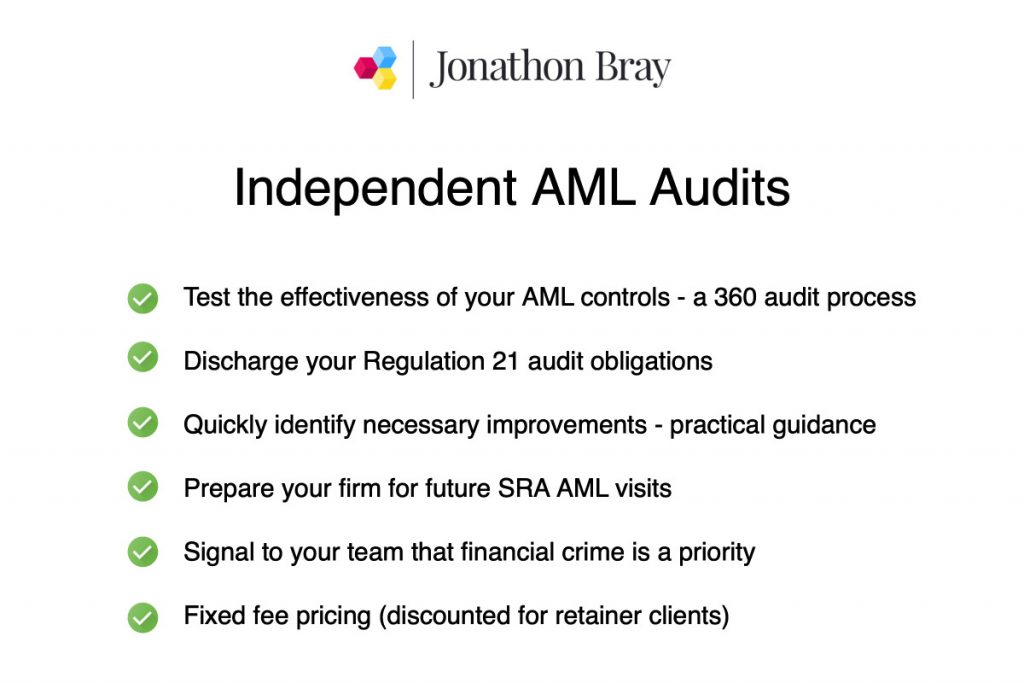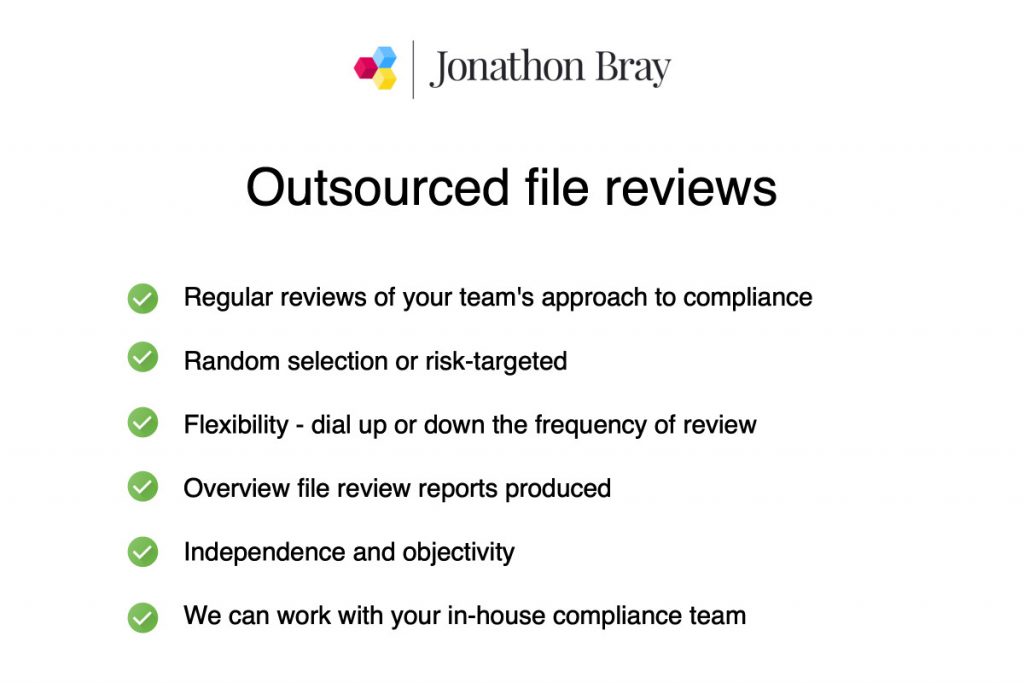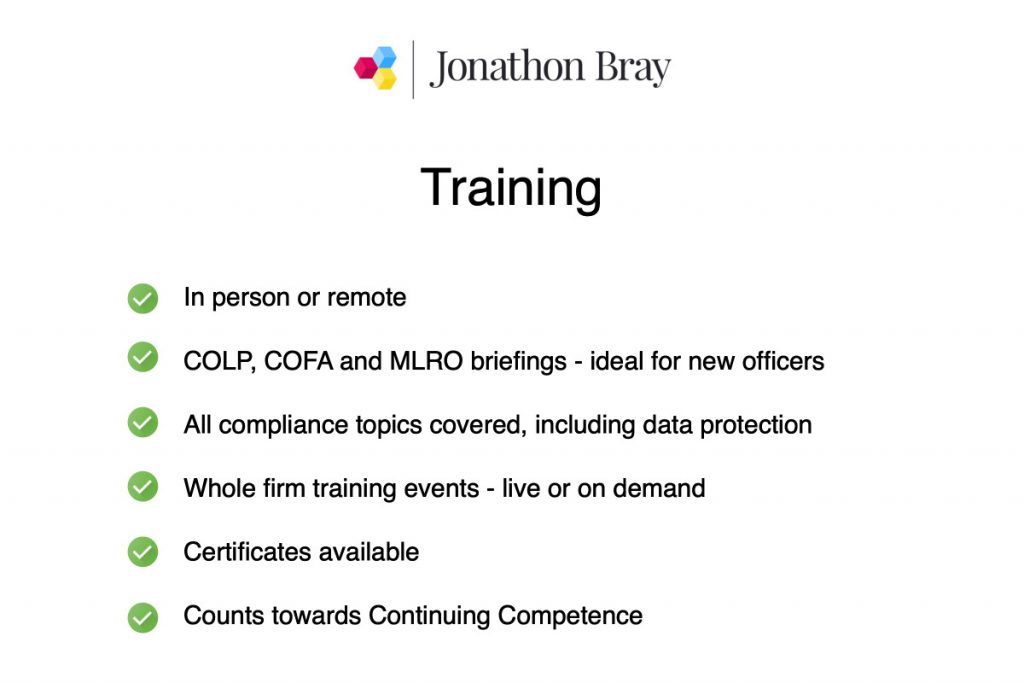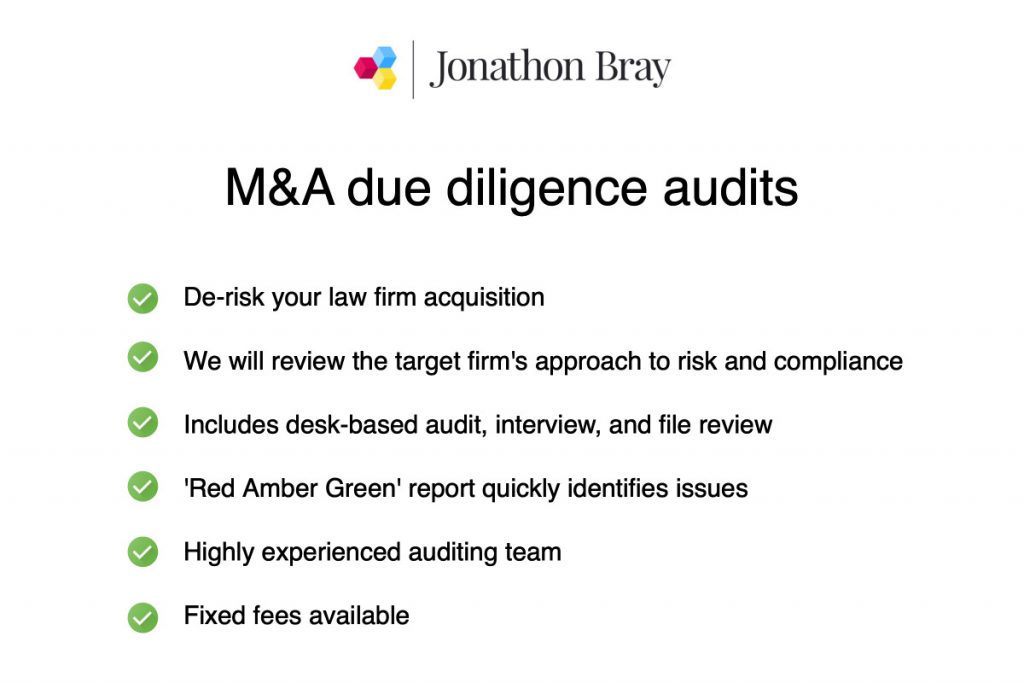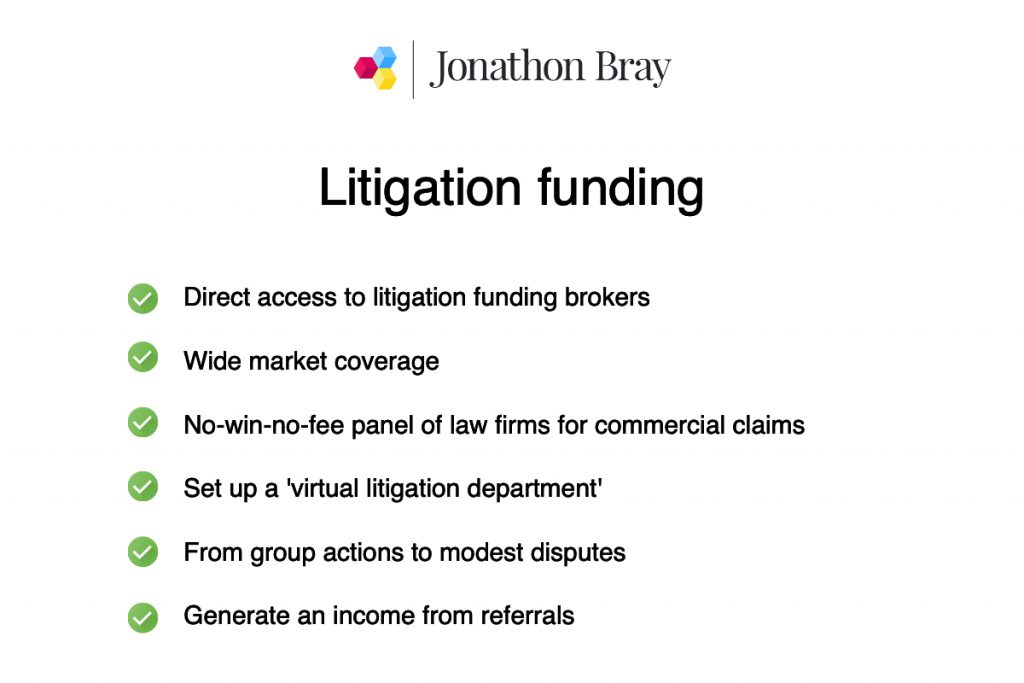Law firms must offer remote working to attract and retain staff, says top legal recruiter
The ability to work from home is a major consideration for legal professionals when considering a career move, and law firms not offering this kind of flexibility are at a disadvantage in a tough recruitment market. “It comes up every single time”, said Jonathan Fagan, Managing Director of Ten Percent Legal Recruitment, speaking at a recent panel discussion on law firm insurance, recruitment and mergers.
According to Jonathan, firms must be able to persuade candidates that they will become an integral part of the practice and that there is plenty of work for them to do. This is particularly relevant for property firms, many of whom are experiencing a downturn in instruction volume, and where potential recruits are likely to have concerns about being ‘last in, first out’.
Law firms are also advised to weed out candidates who use job offers to leverage a pay rise from existing employers. “The question I would ask is ‘If we offered you the job tomorrow, would you take it?’,” said Jonathan. “The answer will give you an idea about how committed a particular candidate is.”
Also in this panel session we discussed:
- The law firm M&A market with Jeff Zindani, how sellers can make their practice ready for sale, and what due diligence buyers should conduct on target firms
- Professional indemnity insurance market update with Gary Horswell, and how to present your firm as a good risk to insurers
ICYMI: The bank of Mum and Dad is low-risk, or is it? [Guest post for Thirdfort]
When considering the source of funds, we should address every aspect of what the client is contributing and leave nothing unexplained. The same can be said for other third parties who may be contributing.
£17 billion is gifted or loaned informally each year, almost all from parents to their adult children. This mostly helps with buying a house or is gifted at the point of marriage… Half the value of gifts received is reported as used for property purchase or improvement. Those using transfers for this purpose received over £20,000, on average, according to the Institute for Fiscal Studies (IFS).
We must go beyond proof of funds: Money in a UK bank account is insufficient in itself. It addresses where the money is (proof of funds) but not where it ultimately comes from (source of funds).
We should not solely rely on self-declaration from either clients or donors. Where possible, independent evidence should be obtained. Giftors, including “the Bank of Mum and Dad”, should be subject to the same level of scrutiny as any other client.
Jonathon Bray spoke to Harriet Holmes, AML Services Manager at Thirdfort, to explain why.
News and Guidance

SRA Updates
- Warning notice: Immigration work – The regulator is worried that some immigration lawyers are not upholding professional principles in their work, and has warned practitioners accordingly. Of particular concern are appeals containing false information; lawyers colluding with clients to concoct untrue stories; pursuing unmeritorious appeals; and poorly drafted appeal documents.
- Guidance: Supporting your client with interviews during external investigations – Solicitors instructed by clients under investigation (e.g. by regulators) are reminded that it is important to establish who their client is. Is it employer or employee, or both? Conflicts and confidentiality risks will need to be considered. Solicitors may be at risk of abusing their position when dealing with unrepresented employees whilst acting for the employer.
- [Updated] Guidance: Proceeds of crime – Minor updates to the SRA’s recent guidance on POCA.
Law Society Updates (may require login)
- Guide: Professional enablers
- Q&A: I found an error in a client file. What should I do?
- Guide: Top-up cover (excess layer) for professional indemnity insurance
- Practice note: Professional indemnity insurance
- [Updated] Practice note: Social media
Other Updates
- [Legal Futures] Jail for lottery scam ex-solicitor who stole £2m of client money – Former solicitor Hugh Lansdell was jailed for four years at Norwich Crown Court for taking substantial sums from clients in order to make payments to lottery scammers.
- [Legal Futures] SRA: Firms must be held accountable for progress on diversity – Legal Futures reports from a Westminster Policy Forum event.
- [Department for Science, Innovation and Technology] UK-US data bridge: explainer – From 12 October 2023, UK businesses will be able to safely transfer personal data to the USA within the framework of the Data Protection Act 2018. The arrangement aligns with the EU-US Data Privacy Framework.
Free webinars and recordings

Recording: Strategy hour – law firm insurance, recruitment and mergers
On Wednesday 27 September 2023, our monthly webinar focused on issues around buying and selling law firms, the insurance market and recruitment.
Our expert panel includes:
- Gary Horswell, Managing Director of Ntegrity Insurance Solutions – a specialist in the solicitors PII market since the ‘open market’ began in 2000.
- Jonathan Fagan, Founder and Managing Director of Ten Percent Group – a specialist in locum & permanent solicitor recruitment, as well as law firm sales, mergers & acquisitions.
- Jeff Zindani, Founder and Managing Director of Acquira Professional Services – a leading M&A matchmaker and broker for law firms and legal tech companies.
Download Jeff Zindani’s article (‘Exit strategy’)
Recording: The dangers of using your client account as a banking facility and how to avoid it
Operating a client account can be an interesting business! Not only do you have increased money laundering and financial crime risks, you must also avoid acting like a financial institution.
Accounts Rule 3.3 states: “You must not use a client account to provide banking facilities to clients or third parties” …. and this can be quite tricky to navigate. Several solicitors have been fined and disciplined by the SRA under this rule.
But how do you avoid getting this wrong? What is a ‘banking facility’ and how does the SRA interpret the rule?
Fear not, we are here to help! In this webinar we looked at:
- The history of the ‘banking facility’ rule
- Why can we not act as a bank?
- SRA Guidance
- Disciplinary decisions relating to Accounts Rule 3.3
- Practical considerations for law firms
Recording: Optimising your AML knowledge to ensure you are LSAG compliant
We were delighted to co-host this session with our friends at Thirdfort.
Unsurprisingly, we get asked many questions about source of funds, source of wealth, identification of clients, and the like. In the current world of regulation, we find many law firms are very nervous about ‘getting it wrong’ and want to ensure compliance.
In this webinar, our JBL team discussed some of these most common compliance queries with valuable input from Harriet Holmes of Thirdfort, including:
- Source of funds – how far do we need to go? How do I know I’m done?
- Source of funds – is the ‘Bank of Mum and Dad’ low risk?
- Source of wealth – can I take my client’s word for it?
- Risk assessment – do I need to do one at the start of every file?
- Ongoing monitoring – what should this look like in practice?
- Employee screening – we don’t DBS-check all our staff. Should we?
- Independent audit – how often does it need to be done?
- CDD – do I need to verify the identity of all the Directors of a client company?
- CDD – who do I need to verify in a trust?
SRA and SDT disciplinary decisions

- Douglas Kihiko Wamburu – 18 month suspension for ‘manifestly incompetent’ sole principal, who failed to maintain a proper book of accounts, practised without authorisation and did not notify the SRA that he had been made bankrupt and that his firm had been wound up.
- Jenny Spink – legal cashier banned from the profession following fraud conviction for taking over £4,500 from the firm’s business account.
- Keith Charles Flavell – struck off in a rare private prosecution at the SDT, after having been found to have acted dishonestly in helping family members in a property transaction and neighbour dispute.
What we do – contact us for a chat
